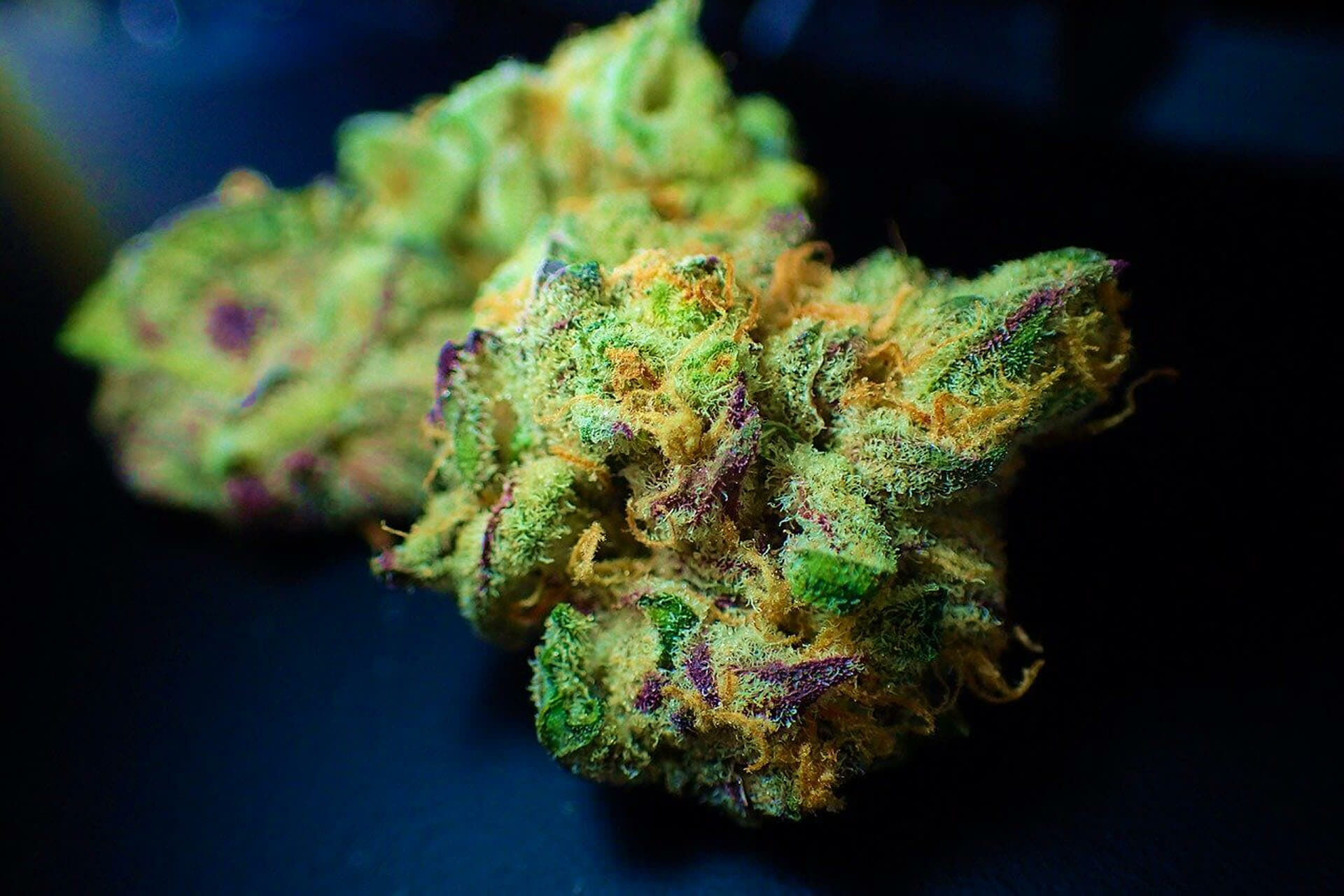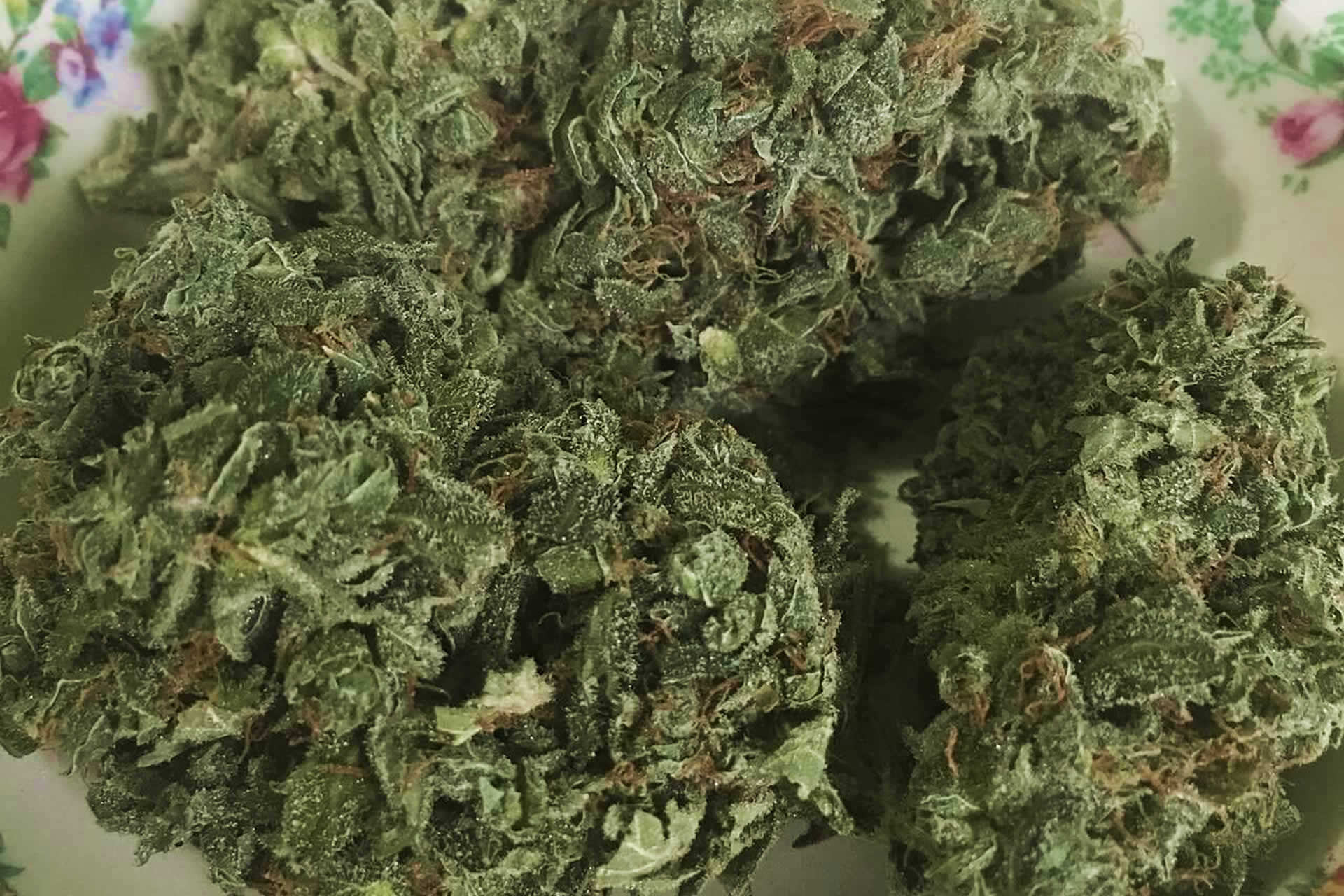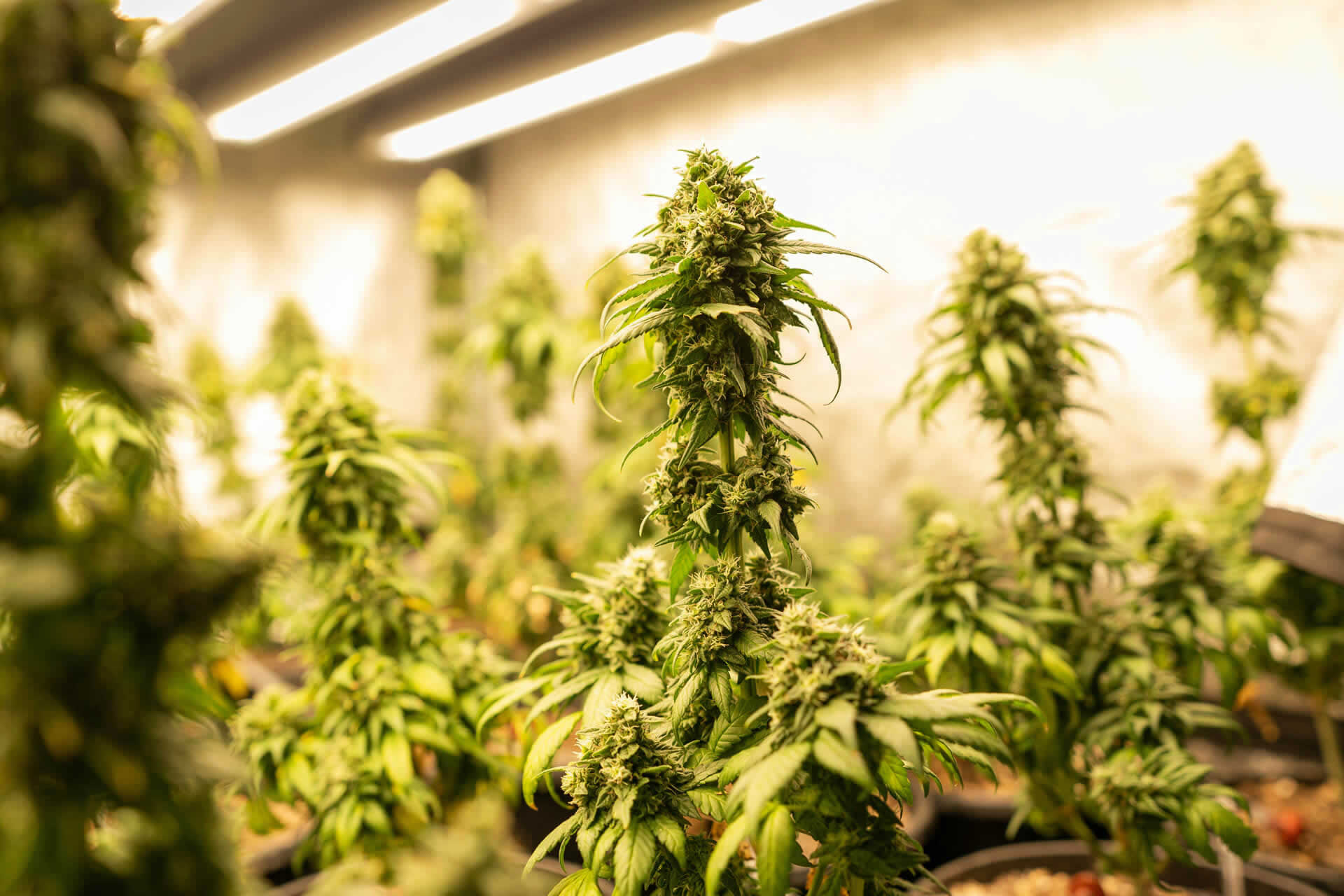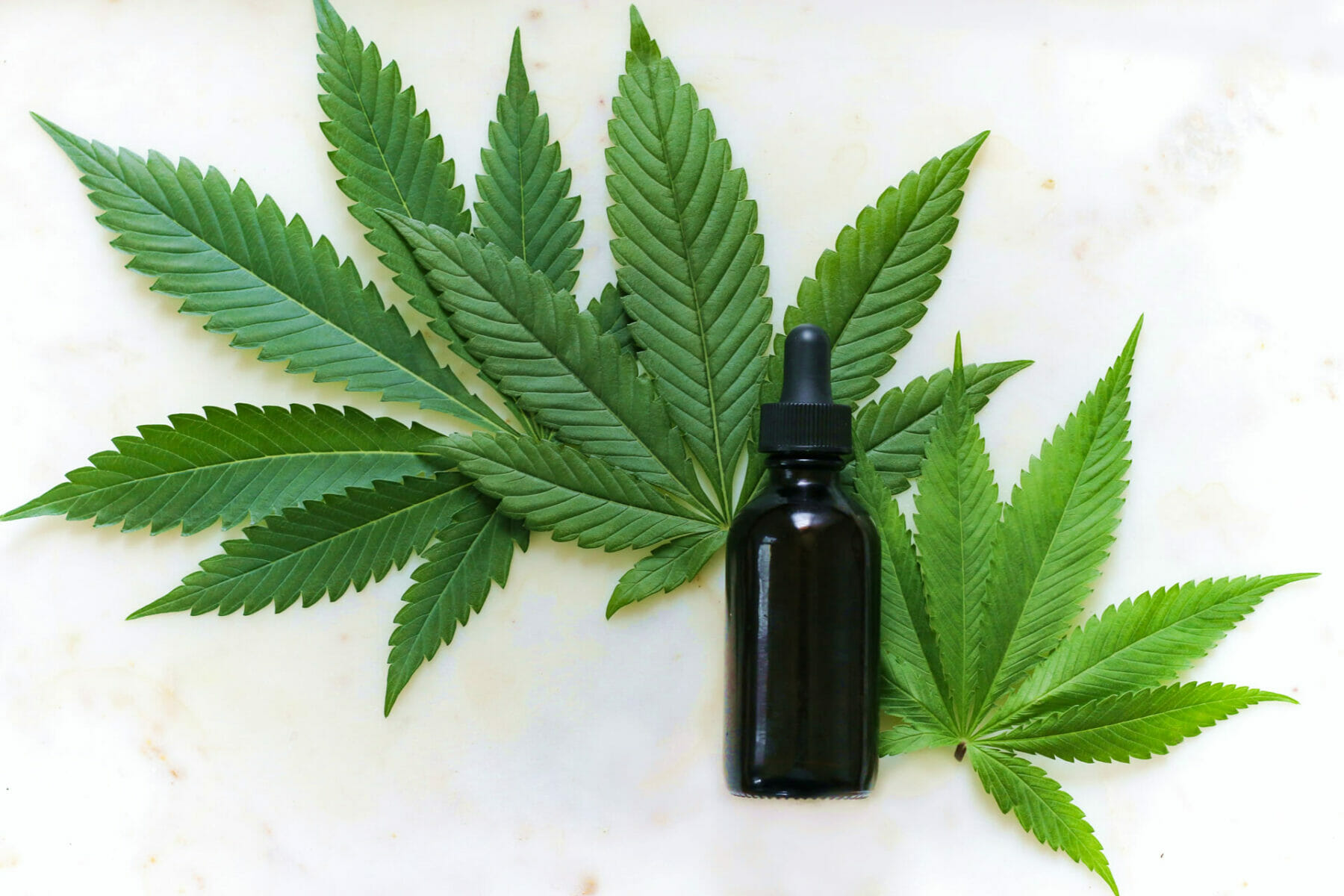The Effectiveness Of Cannabis Plant In Treating Cancer
The Effectiveness Of Cannabis Plant In Treating Cancer
If Cannabis May Bring Relief Then Try It
People with cancer who use cannabis report it helps them in various ways, including nausea relief, vomiting control, hunger stimulation, pain relief, and anxiety relief. Clinical trials show that cannabis accomplishes none of these things and does not match the best existing medications. However, it does seem to have the benefit of addressing many symptoms at once.
Can Cannabis Treat And Prevent Cancer?
Cannabidiol (CBD) is one of those compounds found in hemp and marijuana, two types of cannabis plants.
CBD may assist patients with cancer in handling some of the disease's indications and medication adverse effects. Scientists are also investigating how CBD might help with cancer therapy, but more study is required before conclusions can be drawn.
Cannabinoids are beneficial to cancer patients in medications such as Marinol and Syndros, which help alleviate nausea and vomiting caused by chemotherapy.
There has been and continues to be a significant amount of study on cannabis in cancer treatment. Some individuals are wondering if cannabis or CBD could help prevent cancer. The National Cancer Institute (NCI)Trusted Source had examined various studies on cannabis and cancer, and the findings have been mixed.
Previous research, including 64,855 persons in the United States, discovered that cannabis usage did not raise the incidence of tobacco-related malignancies. This research, however, found that males who used marijuana but never smoked tobacco had an elevated risk of prostate cancer.
Some encouraging studies show that it can stop the development of cancer cells in vitro. However, some data suggests that cannabis components that fight one form of cancer may promote the development of another.
Researchers from a 2015 study in men revealed a relationship between marijuana and bladder cancer. After controlling for various conditions, scientists discovered that cannabis users had a 45 percent decreased chance of acquiring bladder cancer.
While experiments have shown that marijuana smoke includes carcinogens, the relationship between smoked marijuana and cancer is unknown.
Meanwhile, consuming CBD products somehow doesn't harm the body to the same carcinogens as smoking cannabis. More long-term human research is needed to discover CBD’s function in cancer prevention.
Cannabis As A Cancer Therapy Supplement
Cancer therapies, such as chemo and radiotherapy, may cause various adverse effects, including nausea and lack of appetite, resulting in weight loss.
Cannabinoids may help with neuropathic pain and nausea, according to research. THC has been demonstrated to enhance weak appetite caused by cancer and cancer therapy, while CBD has inhibited it. CBD is also believed to have anti-inflammatory and anti-anxiety effects.
Nabiximols, a cannabis medication, is accessible in Canada and portions of Europe. It's a mouth spray that contains both THC and CBD and has shown potential in reducing cancer pain. It is not yet authorized in the United States, although it is being studied.
If you're thinking about taking medicinal marijuana, consult your doctor about the best way to do it. For those with certain forms of cancer, smoking may not be a viable option.
CBD and other cannabis products are available in various formats, including vape, tincture, sprays, and oils. They are also present in sweets, coffee, and other commodities.
The majority of the research implies that CBD and cannabis medicines may supplement cancer therapy. CBD may benefit cancer patients by:
Appetite stimulation
Many cancer patients have nausea and lack of appetite, making it tough to stay fit and healthy.
Taking a cannabinoid medication that includes THC and transports it to the bloodstream may increase appetite. However, there is no proof that CBD itself has this impact.
Pain relief
Cancer and its treatment may both cause discomfort. Cancer often produces discomfort due to irritation, the tension on inner organs, or nerve damage. When the pain persists, opioids, strong pain relievers, might become resistant.
CBD acts actively on CB2 receptors, providing overall pain relief by reducing inflammation. THC operates on CB1 receptors, which may aid with pain caused by nerve injury.
Reducing nausea
Cannabis may help cancer patients who frequently suffer from nausea and vomiting, especially if nausea and vomiting are caused by chemotherapy.
However, the anti-nausea effect seems to be derived from the plant's THC rather than CBD. Anyone thinking about using cannabis to relieve nausea should be mindful of the adverse effects of THC in suggested cannabis products and check with a doctor first.
Low amounts of THC provide alleviation for many individuals. Prescription-only synthetic THC with fewer adverse effects is also available.
Conclusion
CBD is one of several compounds present in cannabis plants. It is gaining popularity since it seems to provide several advantages. While there is still controversy, some individuals advocate for the use of CBD in cancer therapy. It is crucial to realize that CBD is not like tetrahydrocannabinol (THC), a substance found in cannabis that generates a "high" when smoked or consumed.








